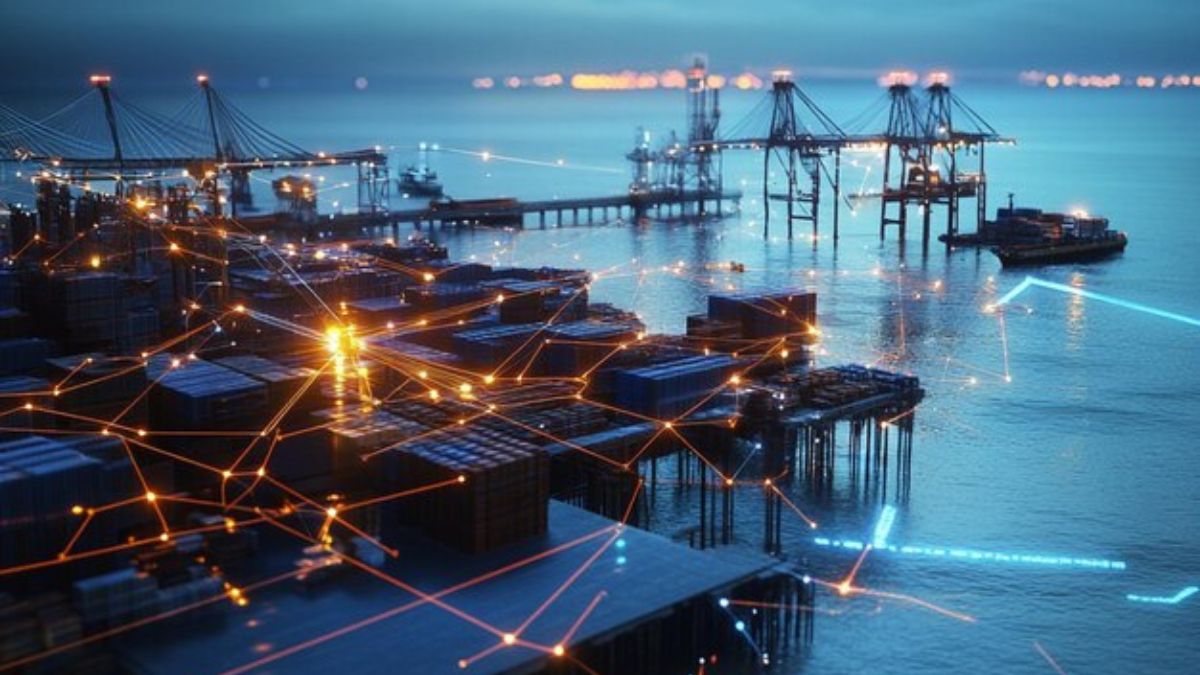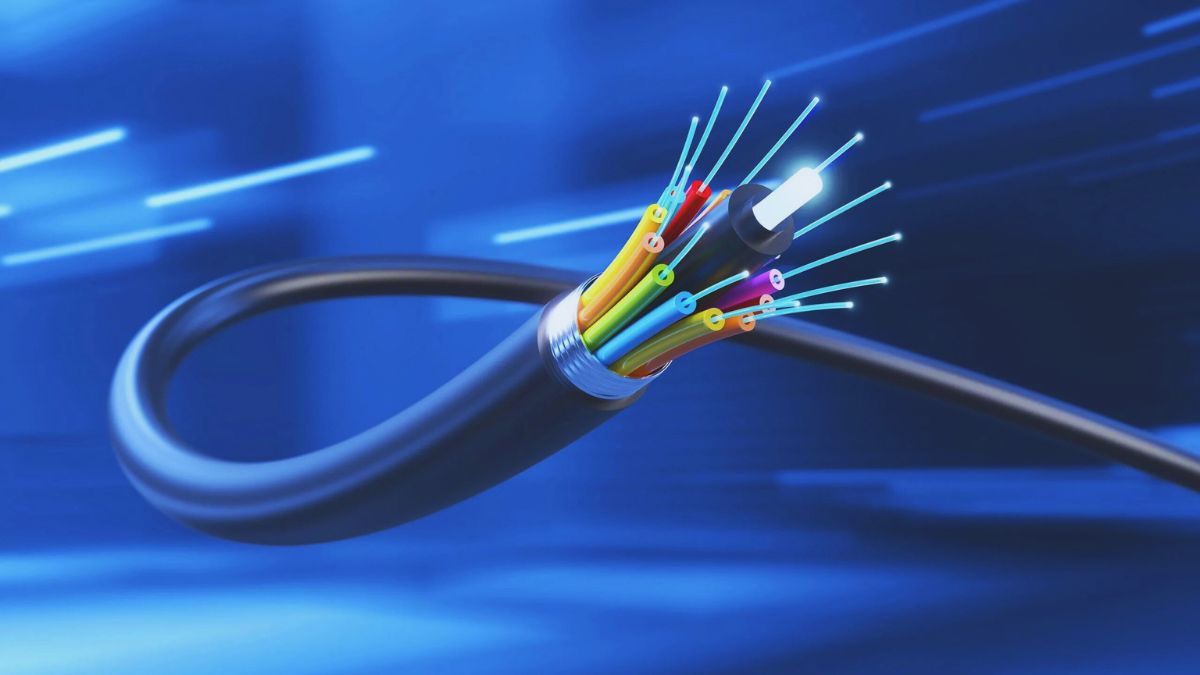The maritime industry is evolving at breakneck speed, driven by technological advancements and the urgent need for sustainability. With innovations like automation, artificial intelligence (AI), and green energy taking center stage, the realm of maritime technologies has become a thrilling intersection of tradition and transformation. Professionals looking to enter or advance within the maritime technologies complex are now faced with a wealth of emerging roles and opportunities.
This blog explores the current trends shaping maritime technologies and highlights key job opportunities in this dynamic industry. Whether you’re a seasoned professional or just starting your career, this guide will help chart your path within one of the world’s oldest yet most innovative sectors.
Why Maritime Technologies Are on the Rise
Three main forces are accelerating innovation in maritime technologies:
- Sustainability Regulations: Governments and international bodies are setting stricter regulations for emissions and environmental impact, prompting the maritime industry to adopt greener technologies.
- Digital Transformation: AI, blockchain, and advanced analytics are driving the digital revolution in shipping, port management, and vessel operations.
- Global Connectivity: The growing demand for efficient, global supply chains is driving investments in smarter port infrastructure and efficient maritime logistics.
These changes are creating groundbreaking opportunities for professionals in fields ranging from engineering to data science.
Top Emerging Trends in Maritime Technologies
1. Autonomous Vessels
The shipping industry is on the brink of adopting autonomous ships that can operate without human intervention. These vessels use a combination of sensors, onboard AI, satellite communication systems, and data analytics to safely and efficiently traverse oceans. Notable projects, such as Rolls-Royce’s remote-controlled ships, underscore the potential of this technology.
Job Opportunities:
- Autonomous Systems Engineers
- Marine AI Specialists
- Remote Vessel Operators
2. AI and Big Data Integration
AI algorithms and big data analytics are transforming how the maritime industry manages routes, fuel consumption, and load capacities. By processing vast amounts of data, AI can optimize shipping routes to reduce costs and improve safety. For instance, Maersk uses AI to assess weather patterns and determine the most fuel-efficient routes for its fleet.
Job Opportunities:
- Maritime Data Scientists
- AI Engineers for Logistics Optimization
- Predictive Maintenance Analysts
3. Green Shipping Technologies
Sustainability is at the forefront of maritime innovation. With initiatives like the International Maritime Organization’s (IMO) target of reducing greenhouse gas emissions by 50% by 2050, companies are investing in greener technologies. Examples include hydrogen-powered ships, wind-assisted propulsion systems, and the increasing use of LNG (Liquefied Natural Gas) as an alternative fuel source.
Job Opportunities:
- Marine Sustainability Consultants
- Renewable Energy Specialists for Ships
- Environmental Compliance Officers
4. Blockchain in Maritime Logistics
Blockchain technology is revolutionizing maritime logistics by streamlining global trade operations. By ensuring transparency and efficiency, blockchain allows real-time tracking of shipments, reduces paperwork, and minimizes fraud risks. IBM and Maersk’s blockchain-based platform, “TradeLens,” exemplifies this transformation.
Job Opportunities:
- Blockchain Developers for Shipping Processes
- Smart Contract Specialists
- Maritime Supply Chain Analysts
5. Advanced Port Automation
Port operations are becoming more streamlined through automation and advanced technologies. Smart ports are utilizing AI-driven cranes, autonomous vehicles, and IoT (Internet of Things) devices to minimize human error and maximize efficiency. Ports like the Port of Rotterdam are spearheading this trend with fully automated terminals.
Job Opportunities:
- Automation Engineers for Port Operations
- IoT Programmers for Smart Ports
- Robotics Technicians in Cargo Handling
Key Skills for Success in Maritime Technologies
If you’re eager to enter the maritime technologies complex, here are the skills that can set you apart:
- Technical Expertise in AI and Automation: Understanding the principles of machine learning and embedded systems is often essential for many tech-oriented roles.
- Environmental Awareness: Deep knowledge of sustainability practices in maritime industries is becoming increasingly valuable.
- Coding and Programming: Fields like blockchain, IoT, and big data require proficiencies in programming languages like Python and Java.
- Project Management Skills: Managing technological projects in a dynamic and globalized industry demands strong project planning and collaboration skills.
- Analytical Thinking: The ability to interpret complex datasets is critical for roles involving big data and predictive analytics.
Industries Within the Maritime Technology Sector
The maritime technologies complex spans a range of specialized industries, each with its unique demands and opportunities. These include:
- Shipbuilding and Design: Focused on creating next-generation vessels with autonomous and green technology.
- Maritime IT Services: Providing software solutions for logistics, navigation, and cargo management.
- Renewable Energy at Sea: Centered on offshore wind farms and wave energy projects.
- Port Management and Operations: Improving efficiency through technologies like AI and robotics.
Each of these sub-sectors offers unique opportunities to leverage technological expertise for impactful careers.
A Career in Maritime Tech is the Future
The maritime technologies complex offers a promising future for professionals interested in shaping one of the most essential global industries. With sustainability, automation, and digital innovation at its core, this sector is not only addressing challenges but also redefining the very nature of global trade and logistics.
Whether your passion lies in engineering smarter vessels, developing greener fuels, or designing intelligent shipping platforms, the maritime industry is a treasure trove of opportunities waiting to be explored.
If you’re ready to take the plunge and start or advance your career in maritime tech, now is the perfect time to do so. Equip yourself with the skills and knowledge needed to thrive in this rapidly evolving space, and you’ll be well-positioned to ride the wave of innovation.










